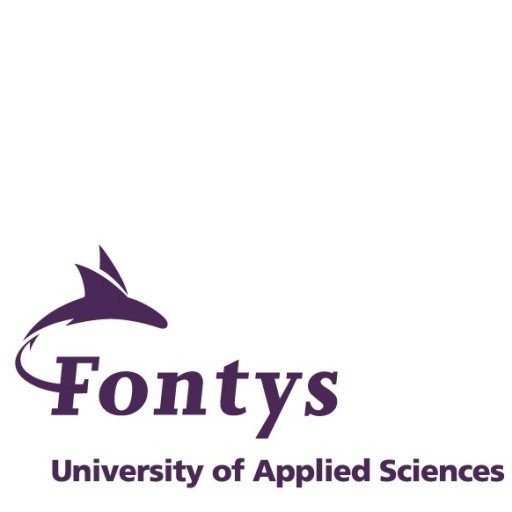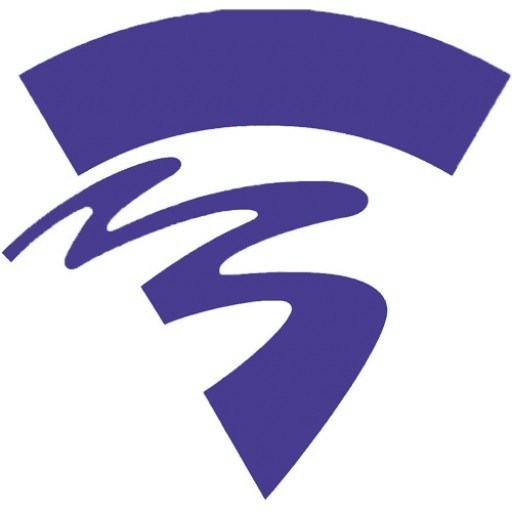Photos of university / #tudelft
Electrical Engineering at Delft University of Technology offers a comprehensive and challenging educational experience designed to prepare students for a successful career in the rapidly evolving field of electrical systems and technologies. The programme focuses on the fundamental principles of electrical engineering, including electronics, electromagnetics, signal processing, power systems, control systems, and telecommunications. Students will develop theoretical knowledge alongside practical skills through laboratory work, projects, and collaborations with industry partners.
The curriculum is structured to provide a solid foundation in mathematics, physics, and computer science, which are essential for understanding complex electrical systems. As students progress, they can specialize in areas such as sustainable energy, robotics, data communication, or embedded systems, aligning their studies with emerging technological trends and market demands. The programme emphasizes innovation, critical thinking, and problem-solving abilities to enable graduates to design, analyze, and optimize electrical and electronic systems.
Students benefit from state-of-the-art laboratories and facilities, enabling hands-on experimentation and research. The university's strong connections with industry ensure that programmes remain relevant and up-to-date, offering internships and collaborative projects that enhance employability. The programme prepares graduates for careers in various sectors, including energy, manufacturing, telecommunications, automation, and consultation.
Furthermore, the degree includes opportunities for international exchange and interdisciplinary projects, fostering a global perspective and versatile skill set. Graduates of the Electrical Engineering programme at Delft University of Technology are equipped to contribute to technological innovations and address global challenges related to energy sustainability, communication infrastructure, and automation. With a rigorous academic environment and a focus on practical application, this programme aims to cultivate future leaders in electrical engineering who can make impactful contributions to society and industry worldwide.
The Bachelor's Degree Programme in Electrical Engineering at Delft University of Technology provides students with a comprehensive foundation in the principles and applications of electrical systems and technologies. Over the course of this three-year program, students will engage with a wide range of disciplines, including electronic circuits, control systems, power systems, signal processing, and automation. The curriculum is designed to integrate theoretical knowledge with practical skills, preparing graduates for a variety of careers in industry, research, and development. Students will have the opportunity to work on innovative projects, collaborate with industry partners, and develop hands-on expertise through laboratories and workshops equipped with state-of-the-art technology. The programme emphasizes problem-solving, analytical thinking, and creativity, fostering a mindset geared toward innovation in the rapidly evolving energy, communication, and automation sectors.
In the first year, students are introduced to fundamental concepts such as circuit analysis, digital systems, and programming, establishing a solid groundwork for more advanced topics. The second year delves deeper into areas like control engineering, electromagnetic fields, and signal processing, often including project-based learning and teamwork activities. During the third year, students can choose electives aligned with their interests, such as renewable energy, smart grids, robotics, or embedded systems. A significant part of the final year is dedicated to a challenging capstone project, where students apply their accumulated knowledge to solve real-world problems.
Throughout the programme, students develop not only technical competencies but also essential soft skills, including communication, project management, and ethical awareness. The teaching methodology at Delft University of Technology combines lectures, tutorials, group projects, and industry internships, ensuring a well-rounded educational experience. Graduates of the Electrical Engineering programme are highly sought after in various sectors, including energy, telecommunications, automation, transportation, and technology development. The programme aims to produce versatile engineers who can contribute innovative solutions to complex electrical challenges, driving progress in an increasingly electrified and interconnected world.
The Electrical Engineering Bachelor's program at Delft University of Technology is designed to provide students with a comprehensive understanding of electrical systems, electronics, and communication technologies. To gain admission, applicants are typically required to have a secondary education diploma equivalent to the Dutch VWO diploma, with strong emphasis on mathematics, physics, and chemistry. Proficiency in English is mandatory, with accepted tests including IELTS with a minimum score of 6.5 or TOEFL with a minimum score of 90, to demonstrate adequate language skills for international students. The program also values extracurricular activities related to engineering and technology, though these are not formal admission requirements.
Applicants must submit a complete application through the TU Delft online system, including certified copies of diplomas and transcripts. For international students, additional documentation such as a passport copy and proof of English proficiency are necessary. In some cases, especially for non-European applicants, the university may require a motivation letter and a curriculum vitae to assess the candidate's interest and background in electrical engineering. Due to the competitive nature of the program, candidates with a strong academic record, particularly in STEM subjects, will have a better chance of acceptance.
Prerequisite knowledge in mathematics (calculus, linear algebra, differential equations), physics (electricity, magnetism, circuit theory), and basic programming may be beneficial in the admission process. Some applicants may be required to participate in an interview or take additional assessments to evaluate their suitability for the program. The selection process emphasizes both academic performance and motivation to ensure that students are well-prepared to succeed in the rigorous coursework of electrical engineering. Once admitted, students are expected to meet the program’s grading requirements and registration deadlines, including any health and safety regulations relevant to campus activities. Overall, the program aims to select motivated individuals who demonstrate a strong foundation in science and mathematics, as well as a keen interest in developing innovative electrical solutions for modern technology challenges.
The financing of the Electrical Engineering master’s program at Delft University of Technology is primarily structured through a combination of government funding, tuition fees, scholarships, and sponsorships. Dutch students, as residents of the Netherlands or the EU/EEA, typically benefit from funding arrangements that include the standard tuition fee set by the Dutch government, which covers the majority of educational costs. The tuition fee for EU/EEA students is generally fixed and announced annually by the university, and it is substantially lower than that for non-EU/EEA students. For international students outside the EU/EEA, tuition fees are higher and are also set annually by the university, often reviewed to reflect inflation and economic changes.
In addition to tuition fees, students may access various scholarship programs to help finance their studies. The Delft University of Technology offers several scholarships, including the Justus & Louise van Effen scholarship, which is highly competitive and designed to support outstanding international students. These scholarships often cover tuition fees fully or partially and sometimes include a stipend for living expenses, thereby alleviating financial burdens and enabling talented students to focus on their studies.
Students are also encouraged to seek external funding sources, such as government grants, private scholarships, and sponsorships from industry partners. Many of these external funding options are aimed at fostering international collaboration and supporting students from specific regions or with particular research interests aligned with industry priorities.
For students from the Netherlands or the EU/EEA, financial aid options might include loan programs provided by the Dutch government, which offer manageable repayment plans with low interest rates. Non-EU/EEA students are generally expected to secure their own funding to cover tuition fees and living expenses, which can be substantial in the Netherlands. The university provides guidance and counseling to help prospective students identify suitable financing options.
The university also promotes part-time work opportunities during the study to supplement income, although the availability of such work may be limited by student visa regulations for non-EU/EEA students. Overall, the financial structure of the Electrical Engineering master’s program is designed to support both Dutch and international students through a mixture of government funding, institutional scholarships, external sponsorships, and personal or family contributions.
The Master's programme in Electrical Engineering at Delft University of Technology offers a comprehensive and advanced education in the field of electrical engineering, preparing students for innovative careers in industry, research, and development. This programme is designed to provide a solid foundation in both the theoretical and practical aspects of electrical engineering, encompassing areas such as electromagnetics, power systems, control systems, signal processing, and communications. Students have the opportunity to tailor their education through a wide range of electives and specializations, enabling them to focus on areas like wireless technology, embedded systems, or sustainable energy systems. The curriculum combines rigorous coursework with practical projects, laboratory work, and collaborations with industry partners, ensuring students gain real-world experience and develop problem-solving skills essential for tackling technological challenges.
The programme emphasizes interdisciplinary knowledge, integrating principles from physics, mathematics, and computer science to foster innovative design and engineering solutions. Students benefit from access to state-of-the-art laboratories, research facilities, and technical resources that support cutting-edge research and development activities. The international environment at Delft University of Technology allows for collaboration with students and researchers from around the world, enriching the educational experience with diverse perspectives and cultural exchange.
Graduates of this programme are equipped to work in various sectors including energy, telecommunications, automotive, aerospace, and automation industries. They are prepared to take on roles such as system designers, research engineers, project managers, or entrepreneurs, contributing to advancements in electrical technologies and sustainable development initiatives. The Master's in Electrical Engineering at Delft University of Technology is recognized globally for its high quality, innovation focus, and strong links to industry, offering excellent career prospects and opportunities for further academic research or doctoral studies.










